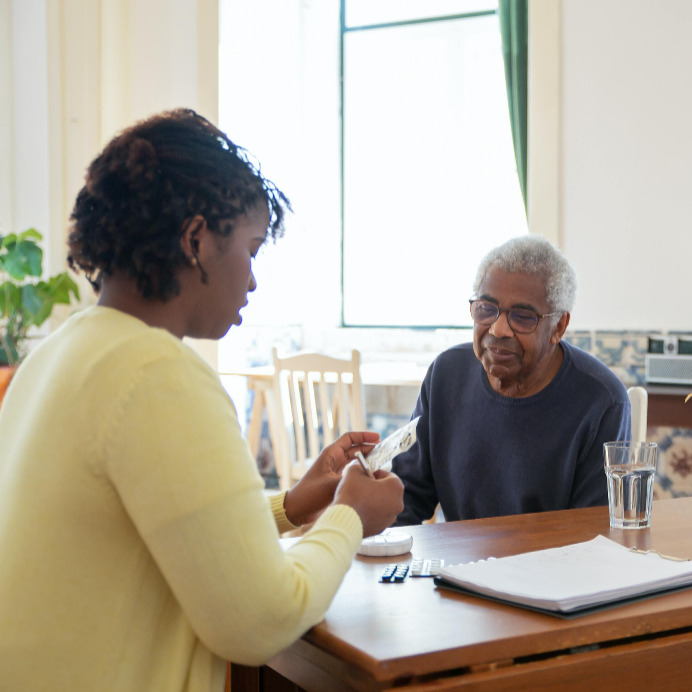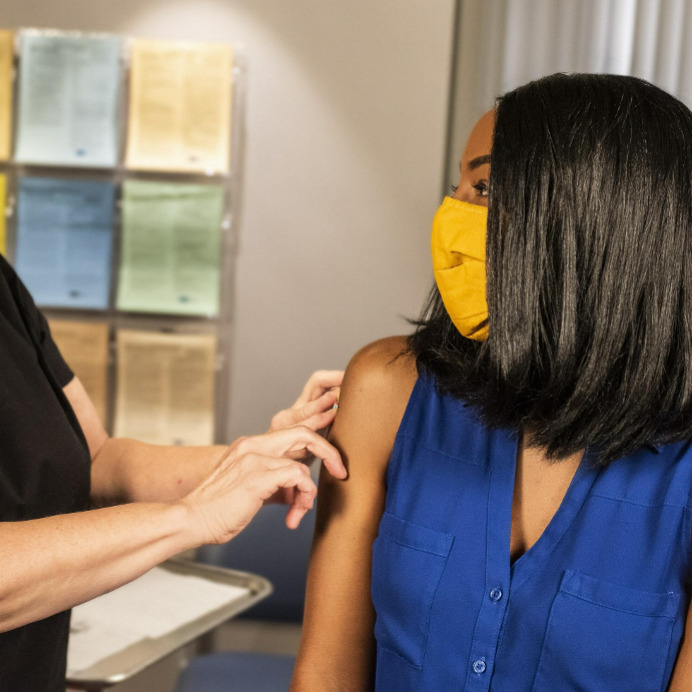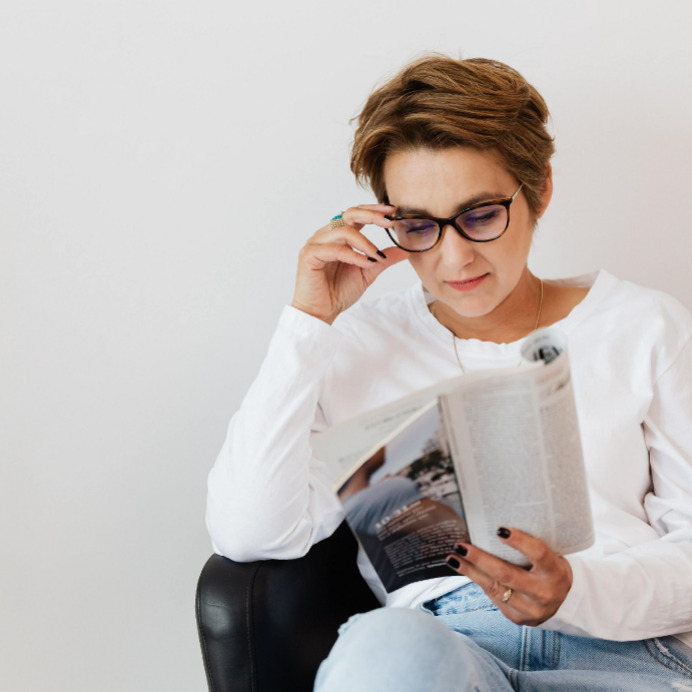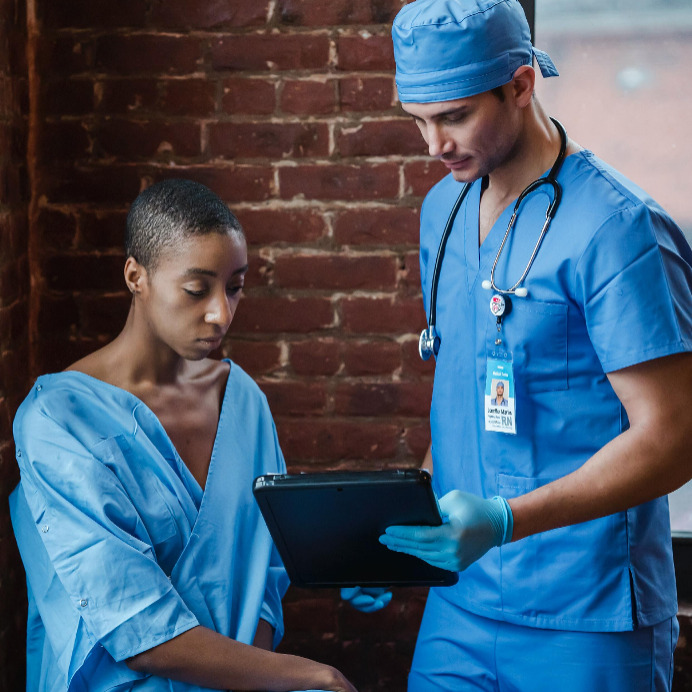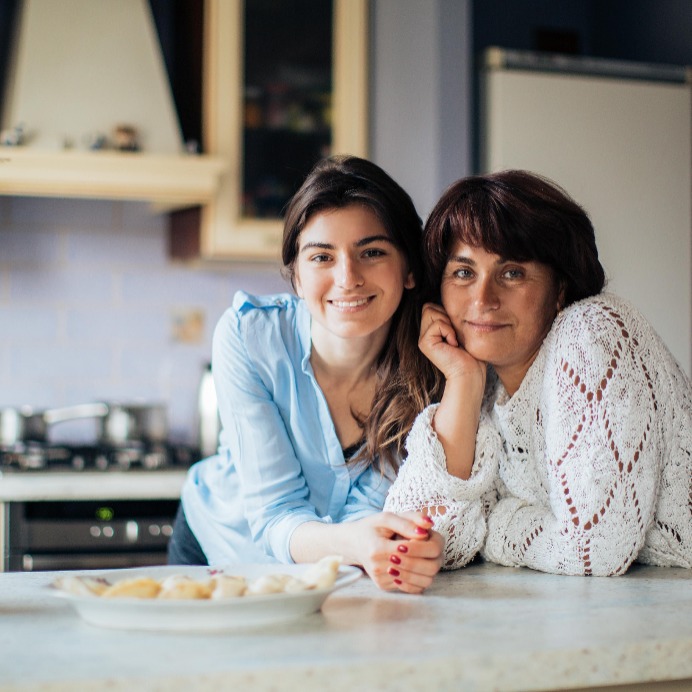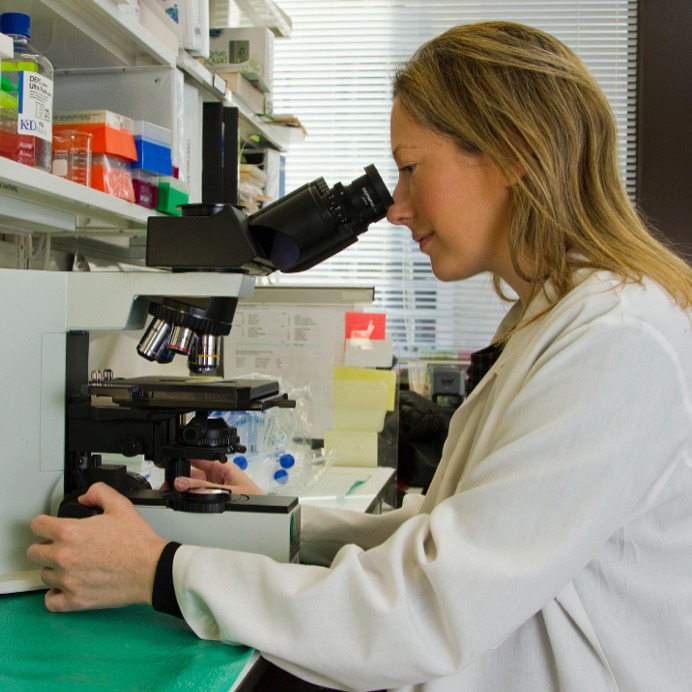By continuing to use our site, you consent to the processing of cookies, user data (location information, type and version of the OS, the type and version of the browser, the type of device and the resolution of its screen, the source of where the user came from, from which site or for what advertisement, language OS and Browser, which pages are opened and to which buttons the user presses, ip-address) for the purpose of site functioning, retargeting and statistical surveys and reviews. If you do not want your data to be processed, please leave the site.
The Voice of People With Breast Cancer
Education
Our Voices Blog
Category : Knowledge
Breast Cancer Treatments in Canada: Accessing Treatment and Funding for Treatments
Being diagnosed with breast cancer comes with many challenges and complications, accessing breast cancer drugs and funding for breast cancer drugs shouldn’t be one of them. Unfortunately, breast cancer patients across Canada do not always have access to the same breast cancer drugs. In the case where the same treatment is available in different provinces and territories, the funding for these drugs may not be the same across provinces and territories.
Virtual Exercise and Care for Individuals Living with Breast Cancer
Exercise has numerous benefits for individuals with breast cancer. These include a reduction in the severity of side effects of treatment, improved physical and mental health, and an overall sense of improved wellness. In addition, appropriate exercise is safe and plays a key part of care for lymphedema. Lymphedema is an abnormal swelling of the arms, hands, breast, or torso and generally occurs when the lymph node or lymphatic vessels are removed or damaged. Encouraging muscle movement and breathing techniques, during exercise, allows to stimulate the lymphatic system and helps improve lymph flow. Tailored exercise guidelines for cancer survivors have been developed and implemented worldwide. These guidelines recommend aiming for 20 to 60 minutes of aerobic exercise two to three times per week, along with resistance training of all major muscle groups twice a week, with an emphasis on cancer-specific considerations and safety precautions.
Where the Federal Parties Stand on Health-Related Issues
On August 15th, 2021, Prime Minister Justin Trudeau, leader of the Liberal Party called for a federal election. While there are a many of items and issues to look out for from each parties’ platform, we have dedicated this post to the key takeaways from each party regarding health, healthcare, employment insurance etc. Although this is not an exhaustive list on all the points raised by the parties regarding health and healthcare, we wanted to provide you with a starting point of navigating the 2021 elections as it relates to breast cancer patients.
Research Findings on Breast Cancer and the COVID-19 Virus
Breast cancer research is critical as it provides information on the detection, prognosis, treatment, and elimination of the disease. Researchers also continuously engage in studying breast cancer to help us better understand risks associated with breast cancer as well as how breast cancer interferes with other diseases and aspects of life.
Reading Research: 4 Things to Pay Attention to When Reading Breast Cancer Journal Articles
Breast cancer research continues to show promising results and advances in the detection and treatment of the disease. More and more, work is being done in this area and studies provide hope to those diagnosed and living with breast cancer. With article headings boasting about new, better, and less invasive ways to treat breast cancer, it is important to understand the actual findings of the study and not get caught up in exciting headlines and summaries. In other cases, you may come across the results of a study from a news article or elsewhere online.
Considerations for Nipple Sparing Mastectomy
Nipple Sparing Mastectomy (NSM) is a surgery performed on individuals removing their breast due to breast cancer or as a risk reduction method to prevent breast cancer. During this procedure, a small cut is made in the breast and the entire breast glandular tissue is removed from underneath the skin and nipple, leaving them intact. Breast reconstruction, using either an implant or natural tissue, is then performed at the same time. NSM is a procedure that attempts to balance the preservation of the breast area with an effective and successful breast cancer treatment.
Genetic Counselling Q&A
A genetic counsellor is a health care professional with specialized education, training, and experience in medical genetics and counselling. Genetic counsellors work with both individuals and families that have a medical, family history, or potential risk for an inherited condition. The role of a genetic counsellor is to identify families at risk for genetic conditions, provide information and supportive counselling, coordinate and review testing options, and connect patients/families with appropriate community resources.
Bringing Awareness and Motivation to Exercise
It is a well-known fact that exercise has been proven to help with cancer-related fatigue, helping to manage the weakness and pain experienced due to treatment and its side effects, as well as de-conditioning. When you’re in pain, tired and feeling ill, it can be challenging to find the motivation to prioritize activity, but several studies show that performing a combination of strength, aerobic and flexibility exercise can help curb the symptoms that hold back our quality of life.
Laboratory Blood Tests, Why So Many?
Throughout the course of a medical diagnosis, members of your health care team will order different laboratory blood tests. Many times, these laboratory blood tests will be repeated throughout the diagnosis, treatment, follow-up, and continuing care. Each medical diagnosis and treatment has specific factors that are required to be monitored. When it comes to the results of these tests and what counts are normal or not, it is important to know that “normal” ranges simply reflect average values in a population. It is common for some tests to be slightly outside of the “normal range” (low or high) without consequence and your clinicians can guide you with respect to their relevance.
Tips to Prepare for Your Medical Appointment
Preparing for a specialized medical appointment can be a daunting task for some. You may encounter many questions that you would like to address, ask about your possible diagnosis, understand your treatment plan, ask about other options, and so forth. Many patients who have felt content or fulfilled after their appointments are those who were well prepared beforehand. Even though many medical practices will vary in terms of office administration, most will generally have a similar setup.

